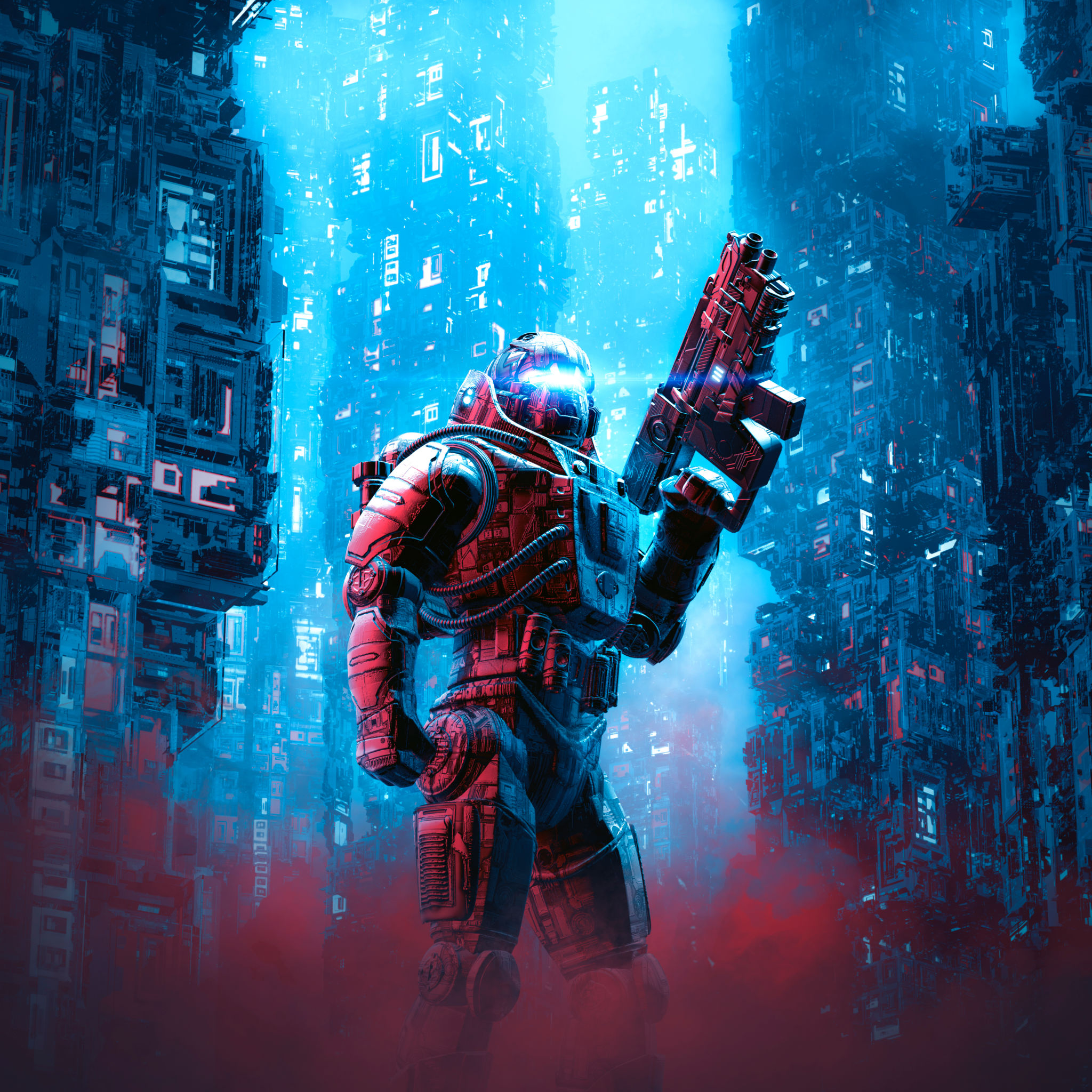Exploring the Depths of Science Fiction: What Makes a Great Story?
The Essence of Science Fiction
Science fiction has long been a beloved genre that captivates the imagination and pushes the boundaries of what is possible. But what exactly makes a great science fiction story? At its core, science fiction is about exploring the unknown, examining the future, and questioning the very fabric of reality. It challenges readers to envision worlds beyond their own, stretching the limits of both science and the human condition.
One of the key elements that define exceptional science fiction is its ability to create immersive worlds. Whether set in a galaxy far away, a dystopian future, or even an alternate reality, the setting plays a crucial role in drawing readers into the narrative. A well-crafted world is not just a backdrop but an integral part of the story that influences characters and plot development.

Complex Characters and Themes
Another hallmark of great science fiction is the presence of complex characters who navigate these extraordinary worlds. While the genre often focuses on technological advancements or alien encounters, it is the human element that resonates most deeply with readers. Characters in science fiction must grapple with universal themes such as identity, morality, and humanity's place in the universe.
Themes in science fiction often reflect contemporary societal issues, allowing readers to explore these topics in a speculative setting. From artificial intelligence and climate change to social justice and existential threats, science fiction provides a unique lens through which to examine our world's challenges and possibilities.

Innovative Concepts and Storytelling
Innovation is at the heart of science fiction, with writers constantly pushing the boundaries of creativity and imagination. A great science fiction story introduces groundbreaking ideas that challenge conventional thinking and inspire curiosity. These concepts might include time travel, parallel universes, or advanced technologies that alter life as we know it.
Effective storytelling in science fiction often involves a delicate balance between realism and fantasy. While imaginative elements are crucial, they must be grounded in logical explanations that make them believable to readers. This balance allows audiences to suspend disbelief while engaging with the story's speculative aspects.

The Role of Conflict and Resolution
Conflict is essential to any compelling narrative, and science fiction is no exception. Whether it's an internal struggle within a character or an external battle against formidable forces, conflict drives the plot forward and keeps readers invested. The resolution, though often unforeseen, should provide a satisfying conclusion that ties together the story's themes and character arcs.
In some cases, the resolution may leave questions unanswered or present ambiguous endings, inviting readers to ponder deeper meanings. This open-endedness can be a powerful tool in science fiction, encouraging further reflection on the ideas explored within the story.

The Lasting Impact of Science Fiction
A truly great science fiction story leaves a lasting impact, sparking discussions and inspiring future generations of writers and thinkers. Its ability to blend entertainment with profound insights makes it a unique and influential genre. As readers continue to explore these imaginative worlds, they are reminded of both the complexities and possibilities inherent in our own reality.
Ultimately, the power of science fiction lies in its capacity to envision what could be while reflecting on what is. It challenges us to dream bigger and question more deeply, making it an enduring and essential part of literary exploration.